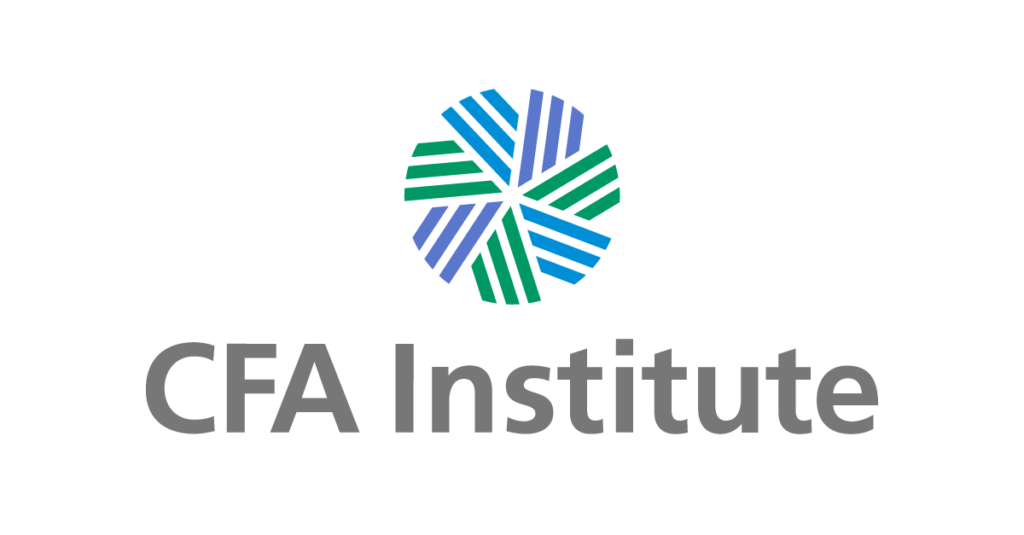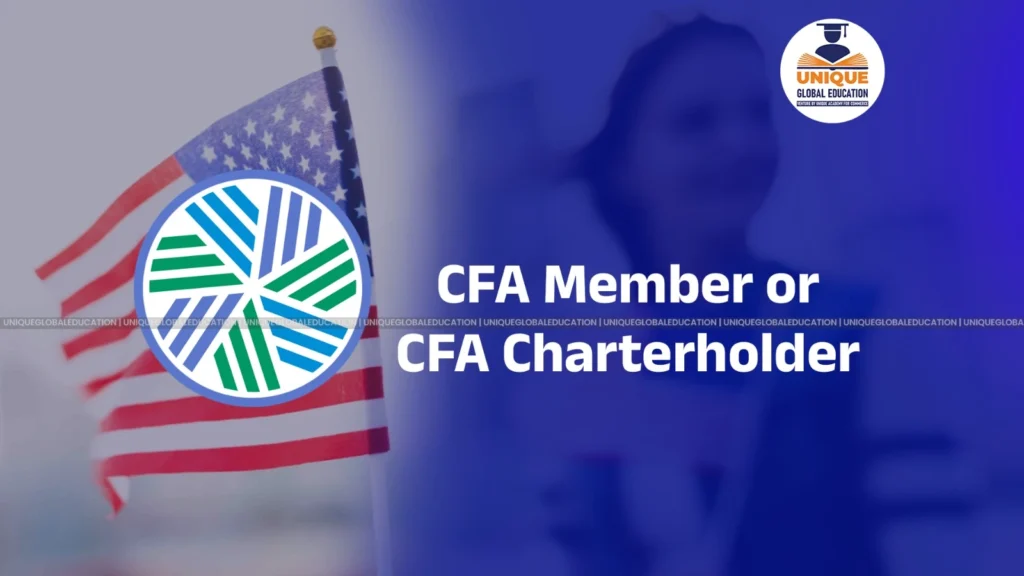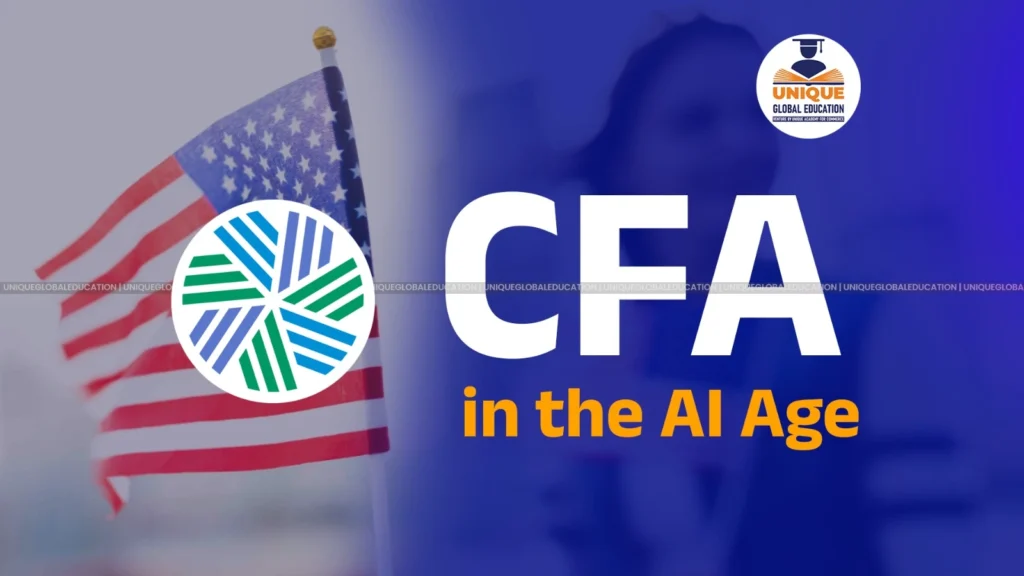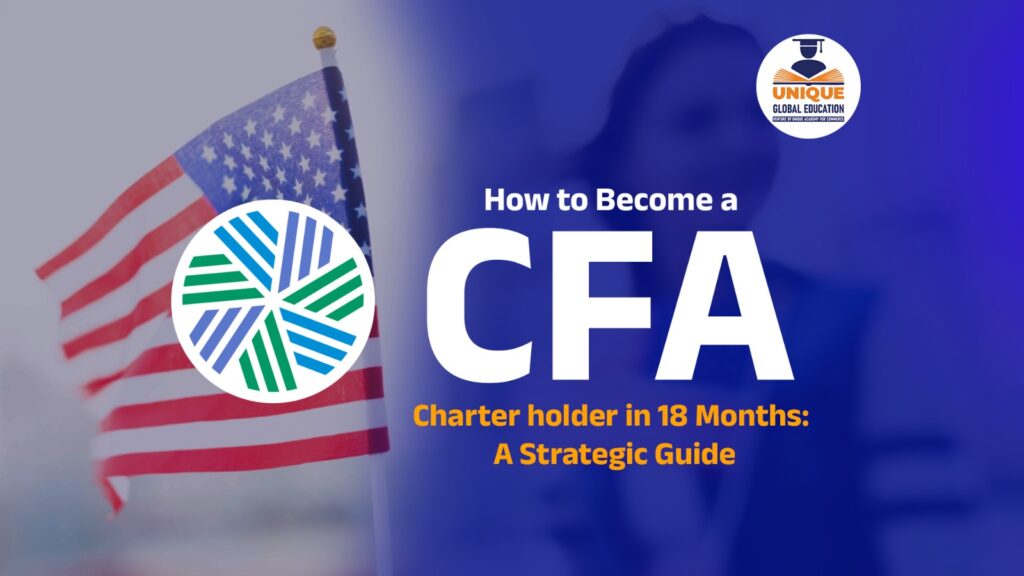The Chartered Financial Analyst (CFA) designation is one of the most prestigious accreditations in the finance and investment management industry. Globally recognised and one of the most pursued certification by the recruiters across the Financial Services domain.
The CFA program, governed by the CFA Institute, consists of three-degree levels of challenging exams designed to test candidates’ understanding of diverse concepts in investment management, financial analysis, and ethics.
This article will focus on reasons to undertake the CFA program, the CFA curriculum, and the benefits of pursuing the CFA program for finance professionals as well as investment novices.
Table of Contents
Why Choose CFA?

1. Global Recognition
The CFA charter is a global respect and recognition. The CFA charter is regarded as the gold standard in the investment industry, and is sought by employers in the fields of asset management, investment banking, equity research and financial consulting. Having the CFA credential, however, enhances your professional credibility and international career opportunities.
In-depth knowledge is a key aspect of the program which prepares the students for their international career prospects.
2. Comprehensive Curriculum
The CFA program encompasses a wide range of material related to finance and investment, such as:
- Financial Reporting and Analysis
- Economics
- Portfolio Management
- Ethics and Professional Standards
- Specialization: Fixed income and Equity Investments
- Alternative Investments and Derivatives
This broad knowledge means that CFA charterholders have strong knowledge of the financial markets, investing techniques, and risk management procedures.
3. Career Advancement
The CFA designation is pursued by tons of finance professionals to increase job opportunities. Whether you are a recent graduate, an analyst with experience, or a finance professional looking to change careers, CFA certification helps you get an upper hand over job markets around the globe. Major employers like JP Morgan, Goldman Sachs, BlackRock, and Morgan Stanley actively recruit for CFA charterholders.
4. High Earning Potential
CFA charterholders also tend to have higher salaries than non-certified professionals. CFAs generally receive higher compensation for investment management positions due to their specialized skills and knowledge, as per several industry studies. This enhances the credibility of the candidate in the fields of finance and investment management, paving their way to better job profiles and salary packages.
5. Strong Ethical Foundation
Ethics and Professional Standards One of the most vital characteristics of the CFA program is its focus on ethics and professional standards. The CFA Institute champion ethical practice in finance, thus providing assurance that charterholders demonstrate integrity and responsibility in their professional lives. And this commitment to ethics helps build trust among employers, clients, and investors.
This Ethical Commitment Fosters Trust with Employers, Clients, and Investors
6. Flexibility in Career Options

The CFA credential is not exclusive to one specific career track. This is a good start to many different fields, like:
- Investment Banking
- Portfolio Management
- Risk Management
- Financial Advisory Services
- Private Equity
- Corporate Finance
This means candidates can choose to work in a variety of finance sectors, and can select their career path according to their strengths and interests.
7. Cost-Effective Compared to an MBA
The CFA program, on the other hand, is a much more affordable way of gaining specialized finance skills than getting an MBA from a top-tier B-school. Yet, it is much cheaper than an MBA and offers the same level of credential in the finance and investment industry. The CFA charter is a great substitute for professionals that don’t want to attend an expensive business school.
Get More Details CFA Online and Face To Face Batches
CFA Course Details
The CFA program consists of three levels, each designed to test candidates on different aspects of financial analysis and investment management. Candidates must pass all three levels to earn the CFA charter.
Eligibility Criteria
To enroll in the CFA program, candidates must meet one of the following criteria:
- Hold a bachelor’s degree (or be in the final year of a bachelor’s program).
- Have at least four years of professional work experience.
- Have a combination of work experience and education totaling four years.
Additionally, candidates must have a valid passport and demonstrate proficiency in English.
Exam Structure and Syllabus

| CFA Level | Key Focus Areas | Exam Format | Exam Frequency |
| Level I | – Basic concepts and tools in investment management – Ethics, financial reporting, economics, and quantitative methods | Multiple-choice questions | Four times a year |
| Level II | – Asset valuation and financial analysis – Financial modeling, fixed income, and equity valuation | Vignette-style multiple-choice questions | Twice a year |
| Level III | – Portfolio management and wealth planning – Practical applications of investment strategies | Constructed response (essay-type) and item-set questions | Twice a year |
Duration and Passing Rate
- On average, candidates take 2-4 years to complete all three levels.
- The passing rate for each level is approximately 40-50%, making the CFA program highly challenging.
- Candidates are advised to dedicate 300+ hours of study per level.
Benefits of CFA Certification
1. Competitive Advantage
In the aggressive competitive finance sector, the CFA charter distinguishes a candidate. It shows a sense of expertise, dedication, and professionalism that offers a competitive advantage for CFA charterholders in the job market or for promotion.
2. Increased Job Opportunities
CFA charterholders are well sought out in multiple areas of finance. Examples of positions that may require or prefer CFA-certified professionals include:
- Financial Analyst
- Portfolio Manager
- Investment Banker
- Risk Manager
- Hedge Fund Manager
CFA charter holders are in demand by employers in the global financial system.
3. Networking and Professional Growth
You join a prestigious community of finance industry professionals on a global scale. The CFA Institute is a global organization of investment professionals that has more than 170,000 members, which is another great thing about joining this organization. Candidates can attend CFA sponsored events, conferences, and forums to meet industry heads.
4. Strong Analytical and Decision-Making Skills
Moreover, strong analytical skills are also developed in CFA curriculum, as this is how the candidates learn to analyze financial documents, extrapolate market trends and ultimately make plans for mutual investments. Famous. This analytical power is useful for professionals connected to investment research and risk management.
Such analytical prowess helps professionals deal with investment research and risk management.
5. International Career Prospects
Given the global nomination of the CFA charter, the charterholders get the chance to work in the international financial hubs of the world such as New York, London, Hong Kong, and Singapore. It also allows career mobility and enables professionals to look for Jobs across various countries.
It serves as a career mobility and enables the professionals to search career opportunities in other countries.
Conclusion
The CFA program is the right career choice for those eyeing the finance and investment management industry. The breadth of its awareness, the rigor of its curriculum and its commitment to ethical practices make it one of the most respected designations in the financial world.
Providing ample opportunity for aware of the skills the professionals should possess, earning a CFA charter can come as a significant asset to your career trajectory as an investment management professional, finance graduate, working professional looking for career advancement.
Now, the process to become a charterholder is not easy, but the knowledge, credibility and career advancement CFA training brings to charterholders are definitely worth the effort.
Be determined and motivated, and the CFA program can open up doors to a successful career in the finance sector.
Get More Details CFA Online and Face To Face Batches















